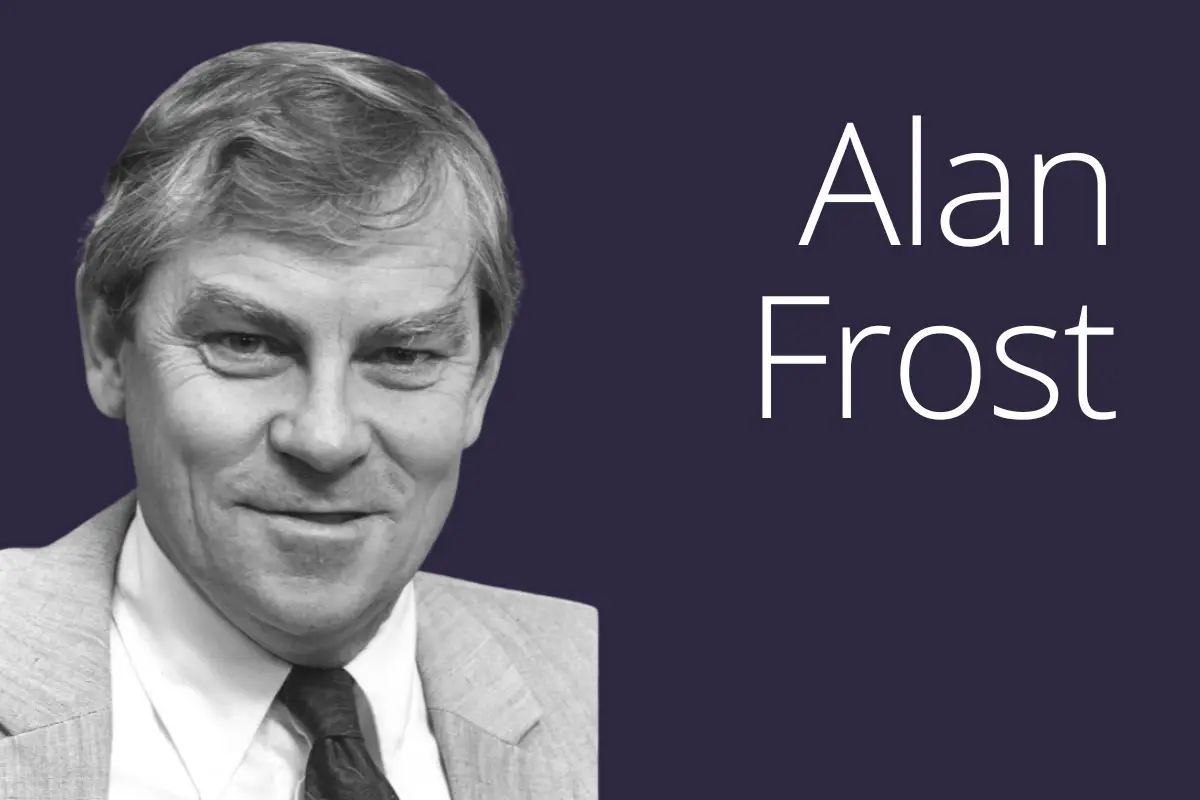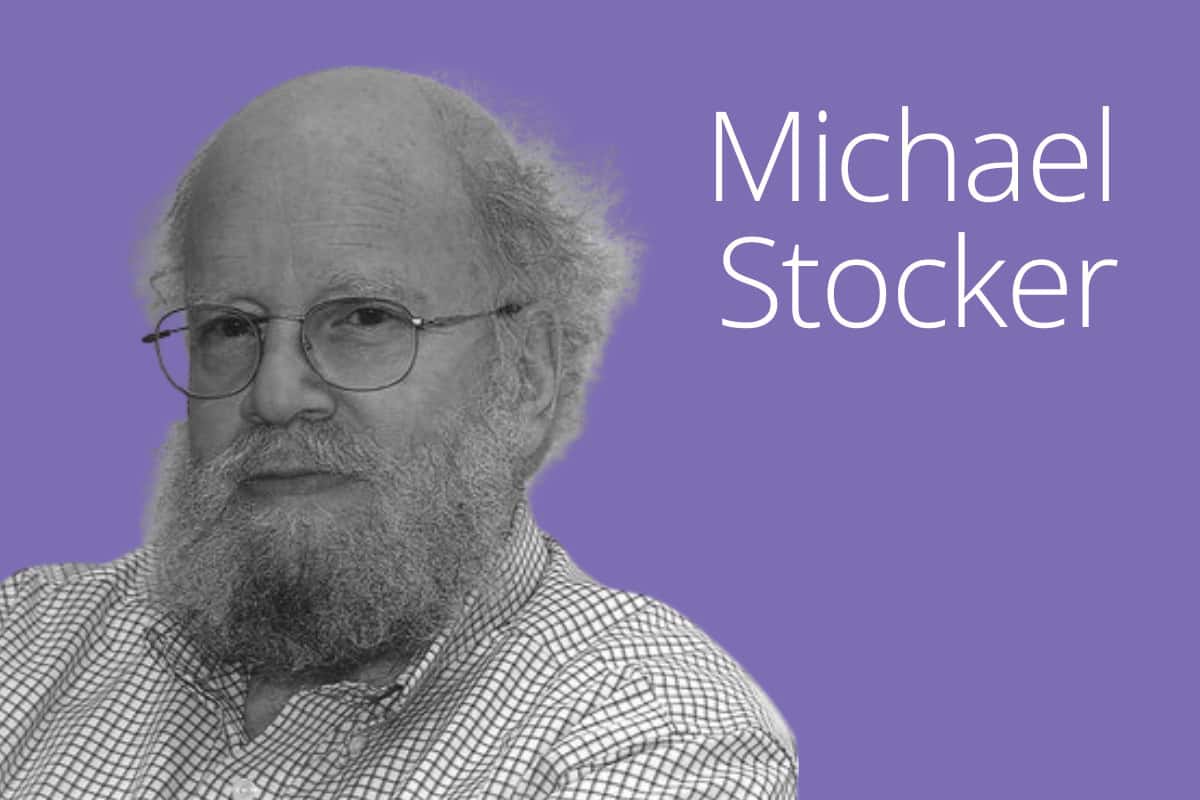
Archaeology in Australia initially concentrated on the study of the Mediterranean world, has increasingly had a focus on Australia while maintaining its interest in the wider world. Arguably the most significant Australian archaeological find of this century, the excavation of the Madjedbebe rock shelter by a team of researchers led by Christopher Clarkson, building on the work of Rhys Jones and Richard Roberts, has taken back the dating for the human occupation of Australia to at least 65,000 years before the present, thousands of years before what was previously estimated. The site includes the world’s oldest known examples of both edge-ground axes and the use of reflective pigment. The discovery, by another team led by Jonathan Benjamin, of Aboriginal sites beneath the sea dating from a time when sea levels were much lower than they are today is another very recent development which opens up a whole new area of Indigenous archaeology.
While Aboriginal Art, which is such a distinctive part of Australian culture, has received much attention in more recent years, the broader field of Australian art in general has not been neglected: something of the breadth and depth of such study can be seen in The Cambridge Companion to Australian Art, edited by Jaynie Anderson. Alongside this there have been important studies of art from other countries, for example, John Clark’s work on modern Asian art. In the performing arts, an outstanding figure is Shirley McKechnie, who has across seven decades pioneered new understandings of how we dance, analyse dance, and train dancers. Pre-eminent Australian scholarship on theatrical performance, often arts-practice-led, includes Peta Tait’s analysis of circus bodies and emotion in theatre and Julie Holledge’s exploration of intercultural and digital performance. In music studies, Larry Sitsky, a renowned composer and pianist, is also eminent as a scholar, with publications throughout his long career culminating in his recent three-volume study of Ferruccio Busoni. Other composer-pianists, Béla Bartók and Percy Grainger, are the subject of continuing extensive research by Malcolm Gillies, while Sarah Collins publishes widely on the relationship between music and intellectual and political currents in the late-nineteenth and early-twentieth centuries.
Classical Studies has had a long and proud history of research in Australia going back to the beginnings of Australian universities. Amongst recent developments, research by Alastair Blanshard on the reception of Classics, particularly in popular film culture, relates directly to a widespread continuing fascination with the ancient Greeks and Romans today. Julia Kindt’s work on understanding Greek religion explores another area of continuing public interest. Similarly, the work on self-censorship in the ancient world by Han Baltussen and Peter Davis takes on new relevance in our world where the right to free speech is increasingly called into question.
Australian cultural studies since the 1960s has played a major role in undermining the image of Australia as defined by the “cultural cringe”, A A Phillips’s famous phrase, coined in the 1950s. Writers like Stuart Cunningham, Lesley Johnson, Tom O’Regan, John Tulloch and Graeme Turner, by studying previously neglected elements of Australian popular culture, such as film, television and radio, have promoted a new recognition and understanding of a distinctive and located Australian culture. Meantime Stephen Muecke, working with the artist Krim Benterrak, and Aboriginal elder Paddy Roe, has extended cultural studies to Indigenous cultures arguing that they are not just archaic and “anthropological”, but contemporary, poetic and political. Meaghan Morris has taken a transnational approach to Australian cultural studies with a particular focus on comparative Asian perspectives.
While Discovering Humanities covers some important aspects of Australian First Nations history, other aspects of Australian history such as the convict era, the Gold Rush, Federation, the two World Wars and the era of post-war immigration have all been significant areas of research by Australians. One particularly vibrant topic has been the history of sexuality, which had strong beginnings in the 1980s and 1990s and has continued even more strongly in the twenty-first century, with writers like Barbara Baird, Lisa Featherstone, Rebecca Jennings, Robert Reynolds, Shirleene Robinson, Yorick Smaal and Graham Willett covering the history of Australian sexuality from the arrival of the first convicts to the same-sex marriage debate and beyond. However, historical research has not been confined to Australian topics, extending, for example, to Bill (F W) Kent, Dale Kent and Ros Pesman’s new insights on power and patronage in Renaissance Florence, Anthony Reid’s identification of a new historical era from 1450 to 1680 in Southeast Asia which he called “The Age of Commerce”, John Fitzgerald’s writing on the “awakening” of modern China and Louise Edwards’s historical studies of women and gender in China.
As well as studying and documenting some of the many Aboriginal languages of Australia, linguists have been working closely with Indigenous communities to preserve and revitalise precious linguistic heritage; these revival movements have seen the recovery of languages such as Kaurna, the language of the Adelaide Plains. A striking example of the strong practical and applied element in Australian linguistics is the work of the internationally acclaimed ARC Centre of Excellence for the Dynamics of Language, directed by Nick Evans and Jane Simpson. The Centre’s collaborative and cross-disciplinary research has produced, amongst many things, new technological tools for recording and documenting Indigenous languages and for conversational support of people suffering from language loss or dementia. Another highly practical outcome of the work of researchers like Trevor Johnston, Robert Adam, Gab Hodge and Louisa Willoughby is the development of curriculum resources for the sign language Auslan. Meanwhile an important advance in general linguistics has been the series of research projects on language in social interaction led by Nick Enfield which have discovered shared principles of human interaction that seem to apply across the world, including what may be the only known universal word in human languages: “Huh?”
Literary studies has been a fertile area of study in Australia. Much of it has been concerned with Australian literature, with critical, biographical and bibliographical studies of major writers as well as a host of other writers including Indigenous writers and writers from the migrant communities. Other literature in English has, of course, been a major focus, most notably British literature across all its periods with editions and studies of medieval texts, works on Shakespeare and his contemporaries and studies of individual writers from the eighteenth century through to the present. Amongst many, one area of particular strength has been Romanticism. An Oxford Companion to the Romantic Age, with a mainly Australian editorial team led by Iain McCalman and a large proportion of Australian contributors, is just one striking example of the Australian contribution to this international field of study. Mediaeval studies, also traditionally an area of strength in Australia, has an important offshoot in work by Stephanie Trigg, Louise D’Arcens and others.on Australian medievalism Outside Britain, literature in English from America, India, Ireland and South Africa has also been the subject of extensive research while European literature has likewise been a major focus with, to choose just one example, Australian researchers, including Mary Dwyer, Diana Glenn, Diana Modesto, and John Scott, making a major contribution to the study of the mediaeval Italian poet Dante.
C A J Coady’s ground-breaking book on testimony provides a crucial impetus for the opening up of social epistemology, a field dedicated to understanding how knowledge and ignorance are socially produced. Karen Jones on trust and more recently Neil Levy on belief have further developed this field. David Chalmers’s work on the philosophical and scientific study of consciousness made it a respectable area of inquiry for the first time in over a century, led to exciting new areas of research and enhanced cooperation between philosophy and neuroscience. An Australian by birth and earlier university education, he has spent much of his life in the US, but during his ten years at ANU produced two important books on consciousness. Catriona Mackenzie led the development of a new and highly influential account of the social dimensions of autonomy, from a feminist perspective, which takes account of human interdependence.
In the area of religious studies a group of Australian researchers including Pauline Allen, Bronwen Neil, Wendy Mayer and Geoffrey Dunn have made what has been recognised as a distinctive Australian contribution to reshaping our understanding the world of late Antiquity and the place of Christianity in it. Another major Australian contribution has been work with papyri and other ancient texts on alternative forms of Christianity and Manichaeism, with research led by, among others, Sam Lieu, Iain Gardner and Majella Franzmann. Other Australian researchers prominent in religious studies include Marion Maddox who has established herself as a leading authority on the intersection of religion and politics in Australia and Roland Boer who has taken a very individual approach to provide new insights into the tradition of interactions between Marxism and theology.
This small selection cannot cover the full range but hopefully gives a taste of the richness of Australian research in the humanities. Humanities research has been, is still, and will be in the future vital to the wellbeing of Australia. Whether it deals directly with issues of contemporary Australian concern or travels back in time or to other places the humanities help us to understand the world around us, to cope with its many problems and to appreciate its many beauties.



